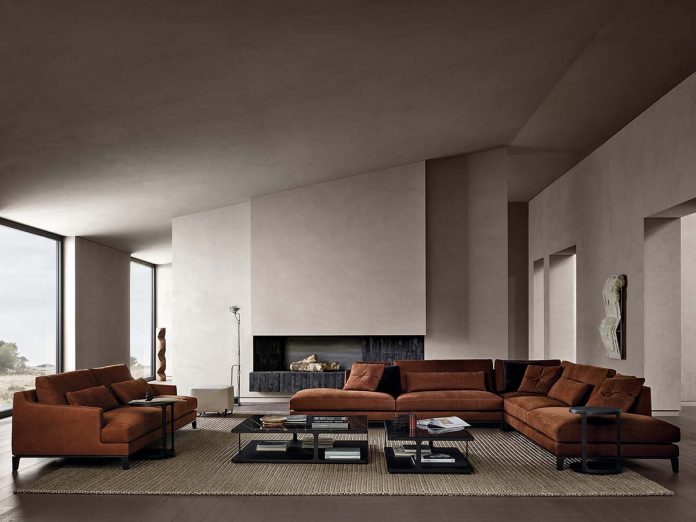More than 76 countries, for a total of over 800 points of sale and flagship stores. This is the network of Poliform in the world, a brand that needs no introduction in any of these locations: it has a strong, solid identity, consistent in its style and values, reinforced by the rebranding of the kitchen collection last year.
In the company’s growth plans, China is undoubtedly a special destination, where in recent years a clear distribution has brought results in fertile project activity. We talked about it with Marco Longoni, Export Division Manager of the firm.
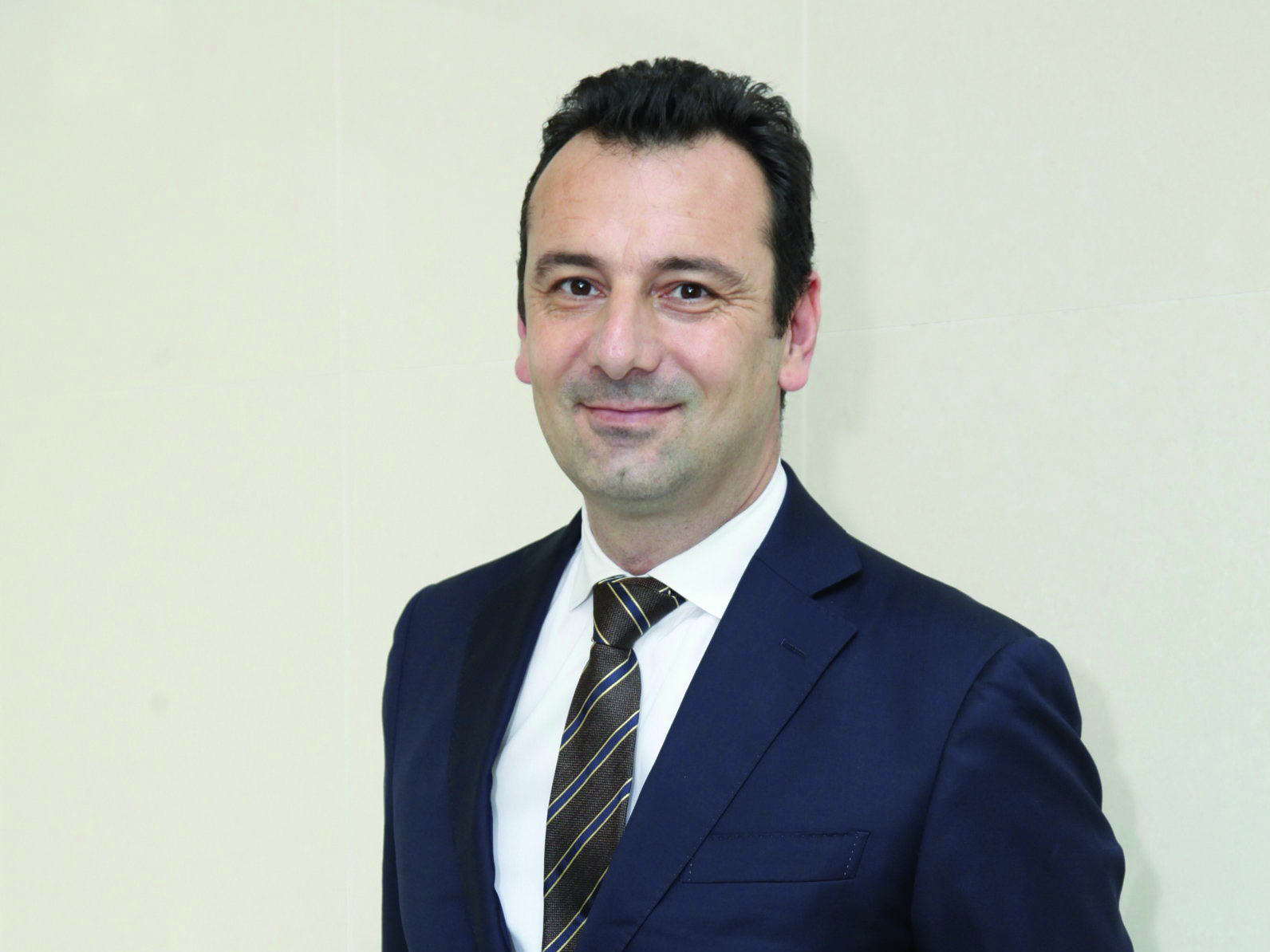
Poliform and Asia: a long-term relationship or a recent development?
Actually both. Poliform has been on the Asian market – Near, Middle and Far East – for as many as 25 years, but we were only operating in the places that were known as the Asian Tigers in the 1990s, namely the five capitals of Hong Kong, Singapore, Seoul, Tokyo and Taipei. The market began to explode in a continuous, strong way over roughly the last decade, starting in 2008-09, in parallel to the American subprime crisis. Since then we have organized about 40 monobrand stores scattered in all the nations of Asia. China, specifically, has become a strong point of reference in about 2010, a bit later than the other markets, but paradoxically it has produced the world’s biggest and fastest growth: in terms of sales it is the second nation after the USA for Poliform (the third is we count Italy, which is still in first place).
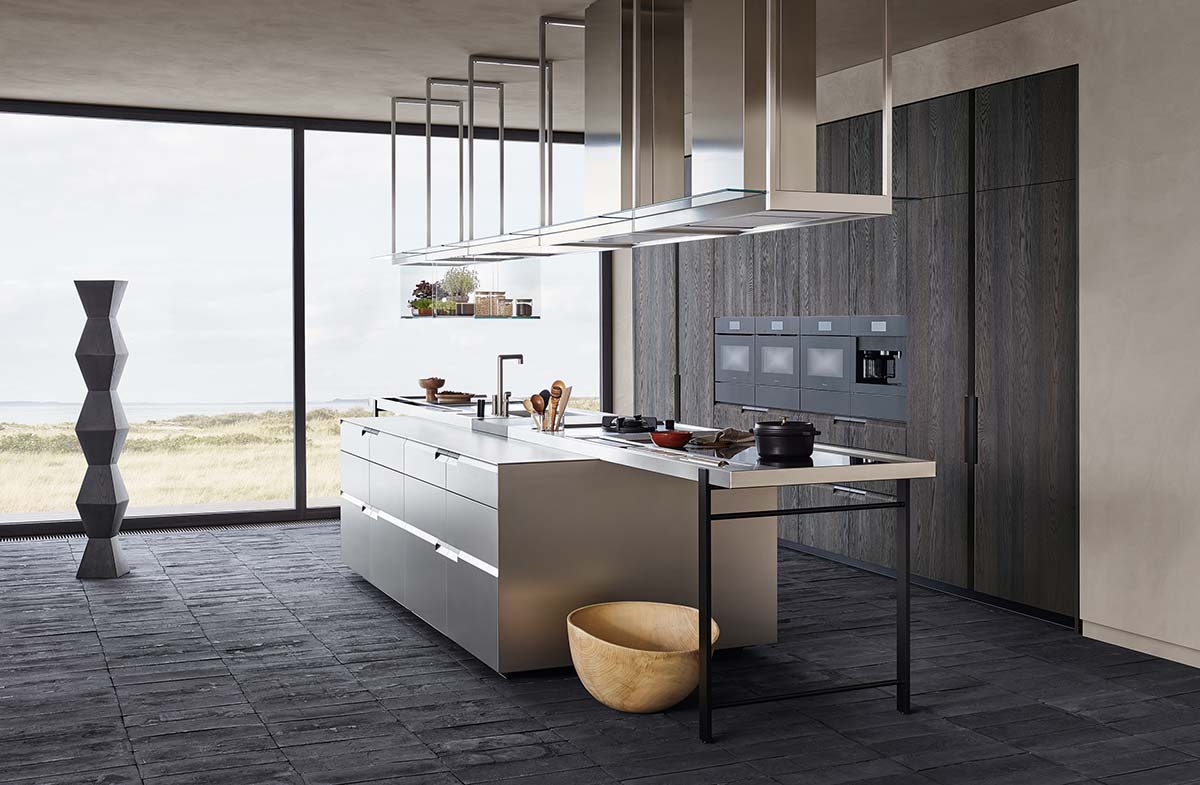
Speaking of China, how are you operating there and what are the future prospects?
Today Poliform has 16 monobrand stores in 16 cities, and we plan to have 20 by the end of this year or the middle of 2020. Through our exclusive showrooms we intend to maintain a strong identity and a well-defined concept: it is certainly a necessity for us, but at the same time it is also a request on the part of local clientele. It is the dealer himself who is interested in the monobrand initiative, since most Chinese dealers are new, so they do not have a name well known on the market and prefer to use the name of the company – unlike what happens in Europe or America where the distributors already have a certain level of importance, acting as a brand in their own right. Furthermore, in China – with respect to what has happened in the past in Europe and America – the possibility of entering the market and finding a partner is much simpler; partners who are just as reliable, if not more so, than those in Europe, in ethical and professional terms, as well as technical and financial terms. Those who say otherwise are spreading a false myth.
How are your showrooms configured on the Chinese territory?
We focus on spaces from 500 to 1000 m2 in China, while for the rest of Asia the size ranges from 300 to 700. We do not display specific collections, typologies or stylistic adaptations, because at this point the high end of the market is global: what represents Poliform in Milan is identical to what represents it in Los Angeles or Shanghai.
The recent speed of growth of the market has corresponded to a rapid stylistic turnaround, from classic to contemporary. Chinese consumers are more interested in the modern now, the average customers are younger, usually under 40, so they are not lured by the classic style that was the focus of previous generations. That makes this a good moment for the collections of Poliform.
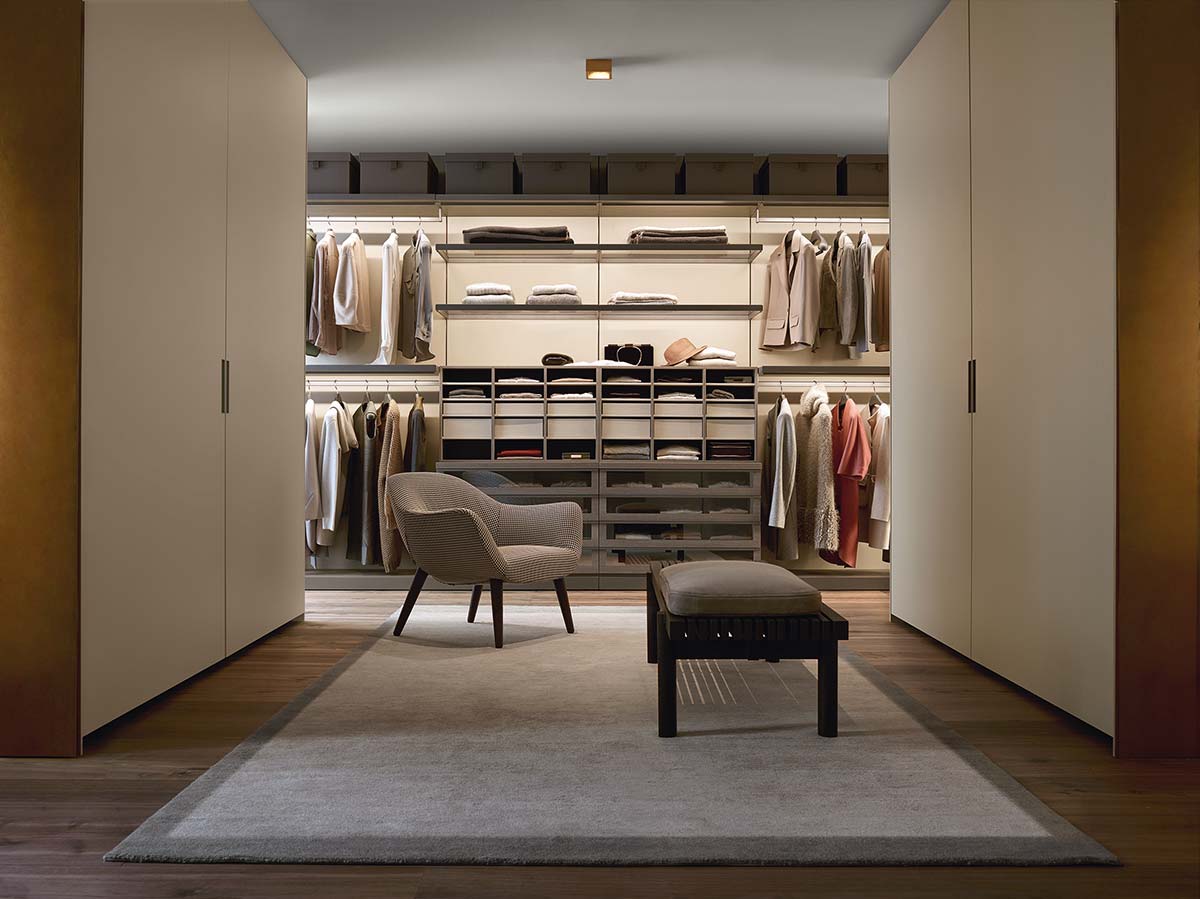
Did the rebranding of Varenna also meet with interest?
Definitely, it was perceived as a natural solution. Also because in all the dealerships around the world the kitchen and living collections were not separated, so they did not have a different commercial structure. In this way, the Poliform trademark has reinforced its unique identity. Precisely this particular factor – namely that the company can cover all the spaces of the home – becomes a big plus in relation to Chinese consumers and dealers: to have a single brand that can guarantee such a vast range of products is very helpful.
It is inevitable to try to link all this up with the contract sector: what projects are you working on right now?
In Asia 30% of our sales come from projects, while the remaining 70% come from retail (a combination that roughly replicates what is happening in the USA). It is hard to list the projects we have done in China, they are truly numerous, especially for the supply of wardrobes and kitchens; but we can mention, among the most famous, One Shenzhen Bay, an enormous residential complex where we supplied the kitchens and the wardrobes. Shanghai and Shenzhen are the two cities where we are generating the most growth in the contract sector.
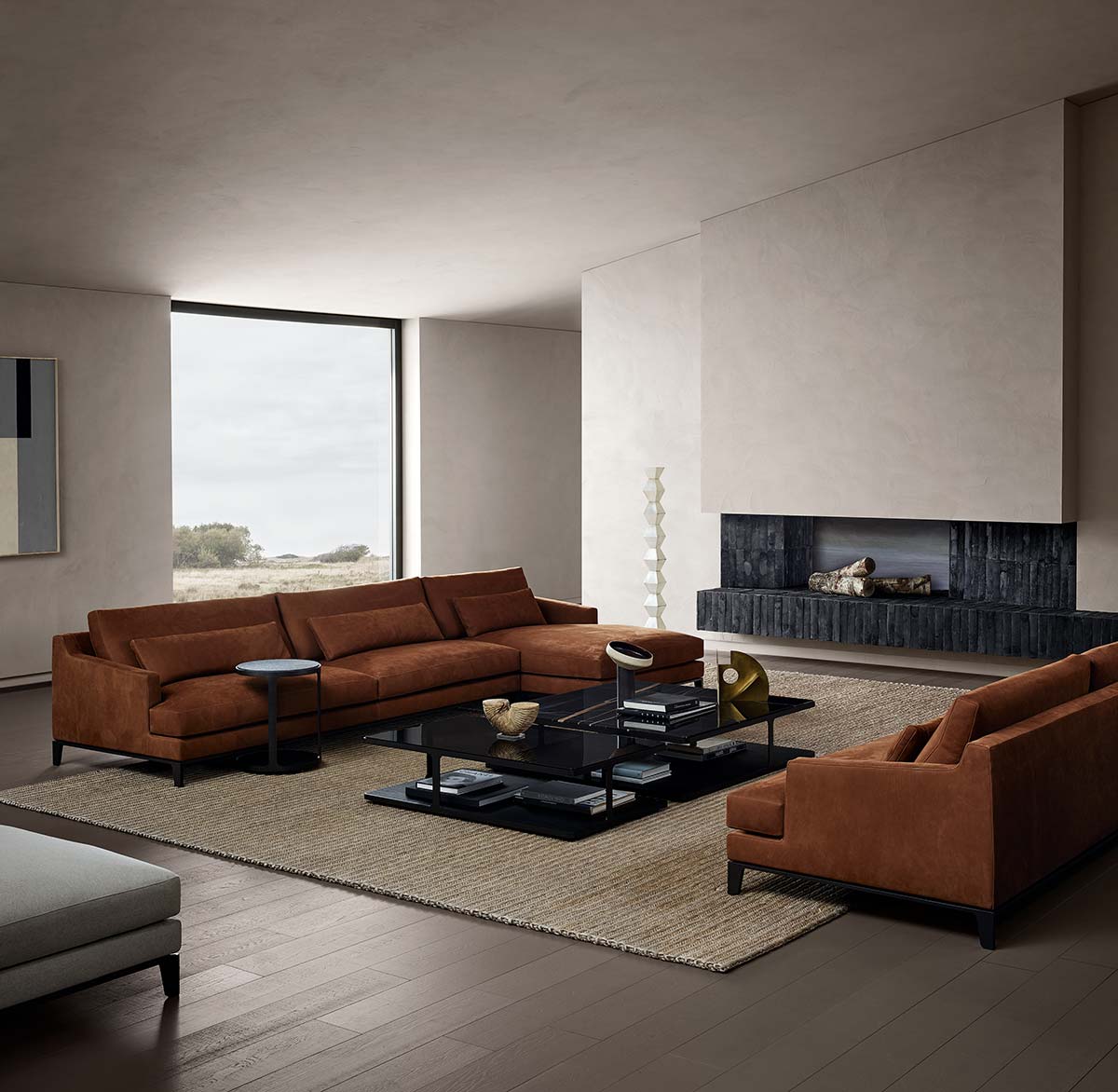
What are the next steps on the market?
The strategy so far has been to position ourselves in the top 20 cities of China, through a partner client (while in the other Asian nations, as in Korea, the Philippines and Japan, we have one importer per nation with whom we have established a long-term relationship). The demand to increase the number of points of sale in China is there, but we prefer to stop here, for the moment: to consolidate what has been done and to reinforce the services we can make available. For this reason we have opened an office in Beijing, the Poliform China branch, to support the 20 dealers operating in the territory on a technical and commercial level.

